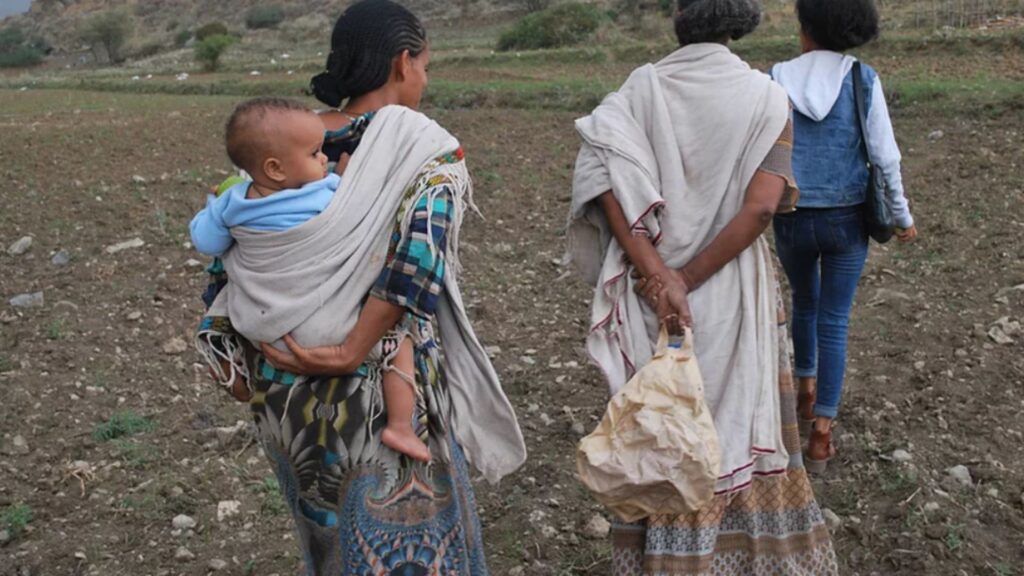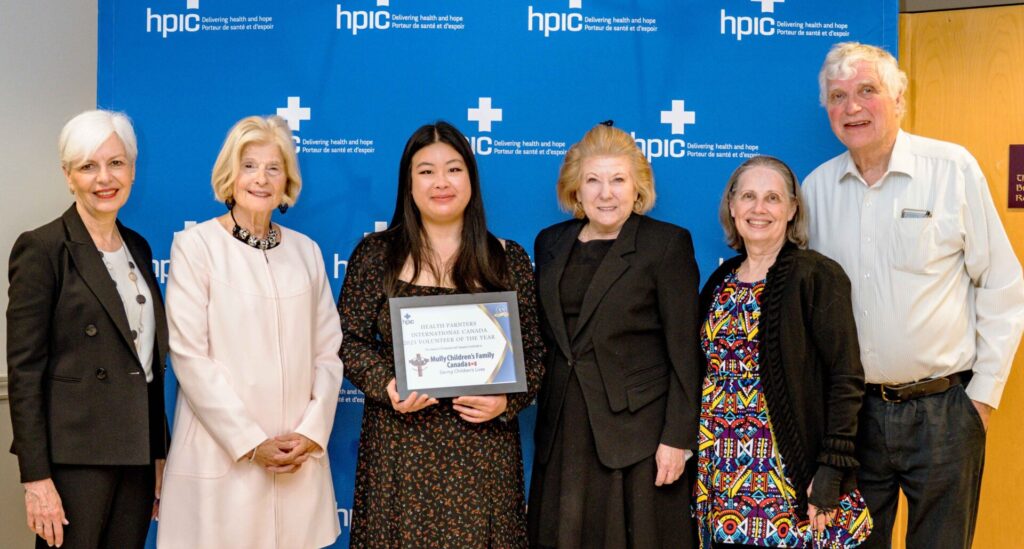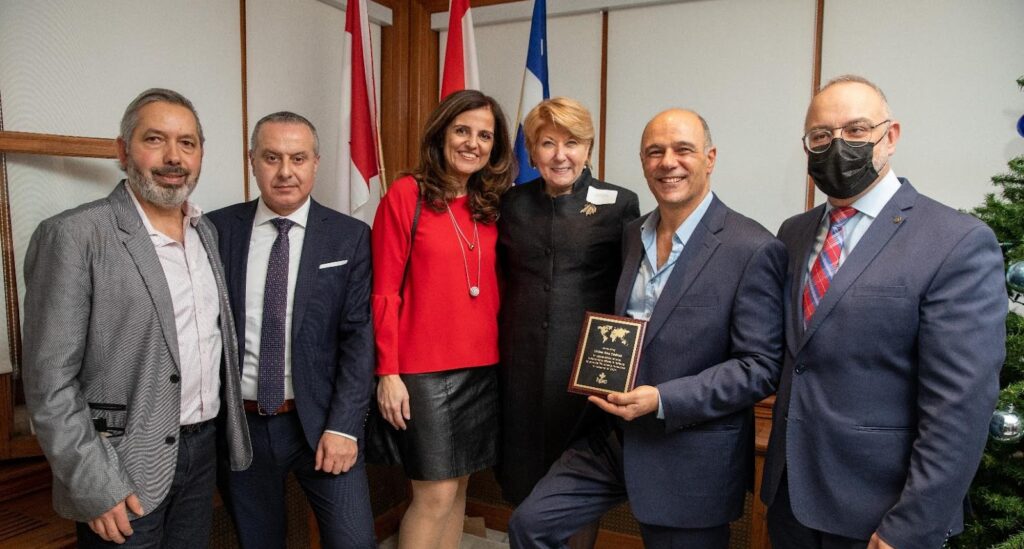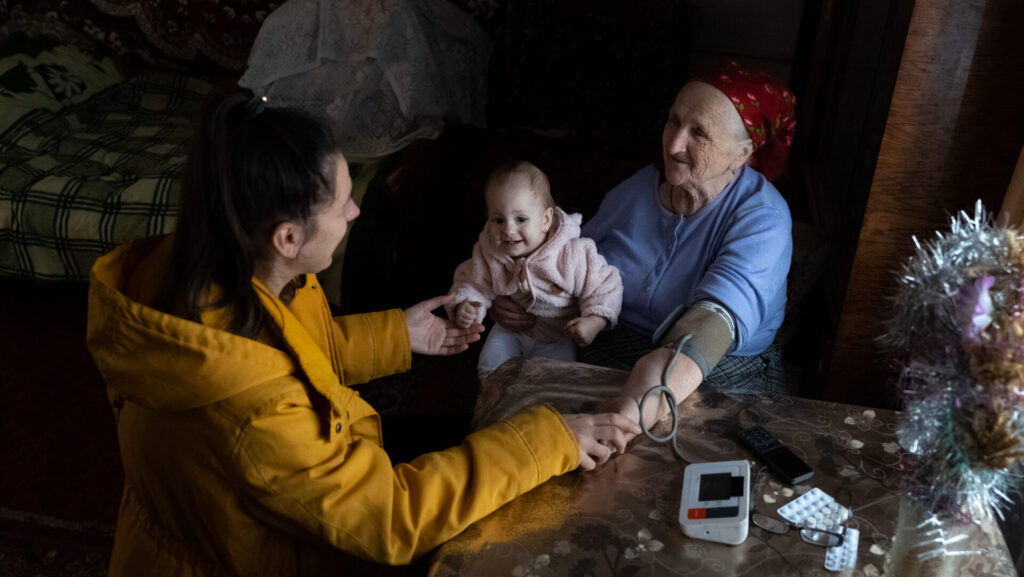HPIC wants to highlight our efforts to safeguard the well-being and rights of women and girls by addressing the challenges of harmful traditional practices (HTPs) in Ethiopia.
Approximately 200 million women and girls worldwide have endured the harmful practice of female genital mutilation (FGM). While FGM represents a deeply entrenched cultural tradition, it is a disturbing form of violence inflicted upon women and girls. The Member states of the United Nations have made a commitment to eradicate this harmful practice by 2030. While commendable progress has already been achieved, there is still so far to go.
Together with our partners in Ethiopia, we are actively engaging in an initiative aimed at addressing harmful traditional practices (HTPs) against women and girls with a focus on FGM in Ethiopia.
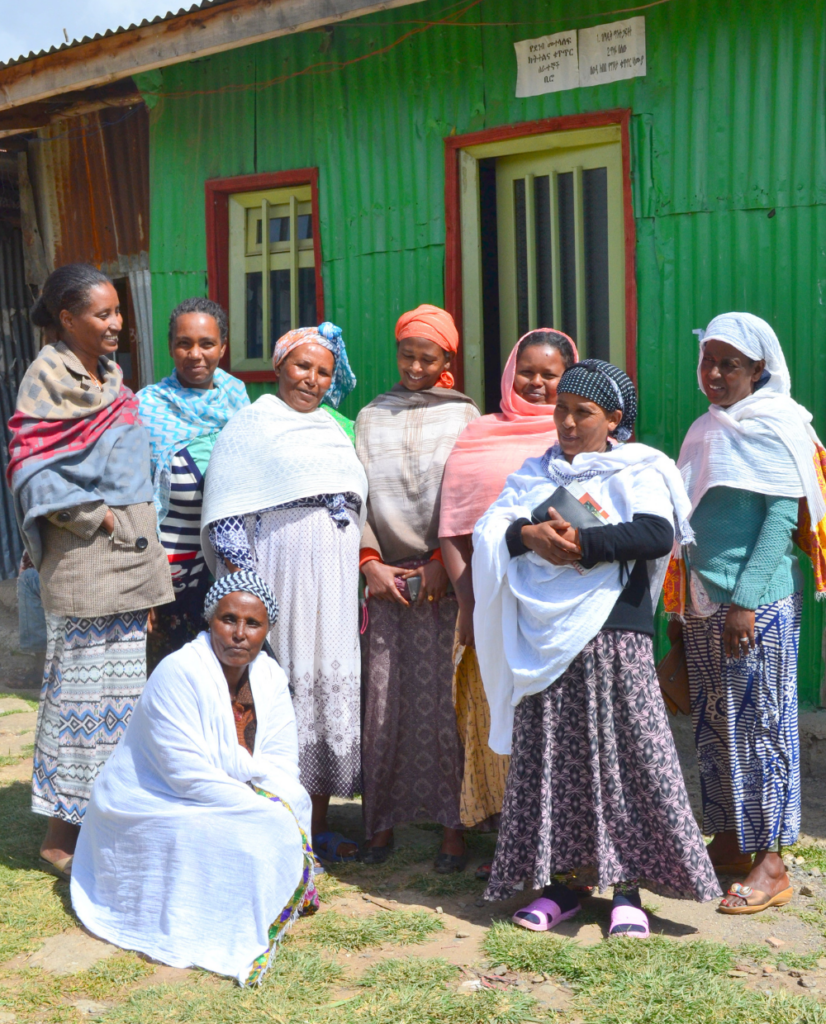
The project centers on three pivotal objectives: elevating awareness among women and local communities, enhancing healthcare services for victims of HTPs, and empowering community leaders to implement preventative measures against HTPs.
Here are some of the key achievements reported by our partners, Emmanuel Development Association, at the end of year one:
- 5000+ women and girls in their reproductive age reached through awareness-building sessions.
- Over 15,000 community members reached indirectly through this initiative.
- More than 1,800 educational materials on HTPs distributed throughout our communities.
- 46 health workers trained in FGM case management, enhancing our capacity to support HTP victims.
These milestones represent tangible progress towards the overarching mission of safeguarding the well-being and rights of women and girls while eradicating harmful traditional practices in Ethiopia.

